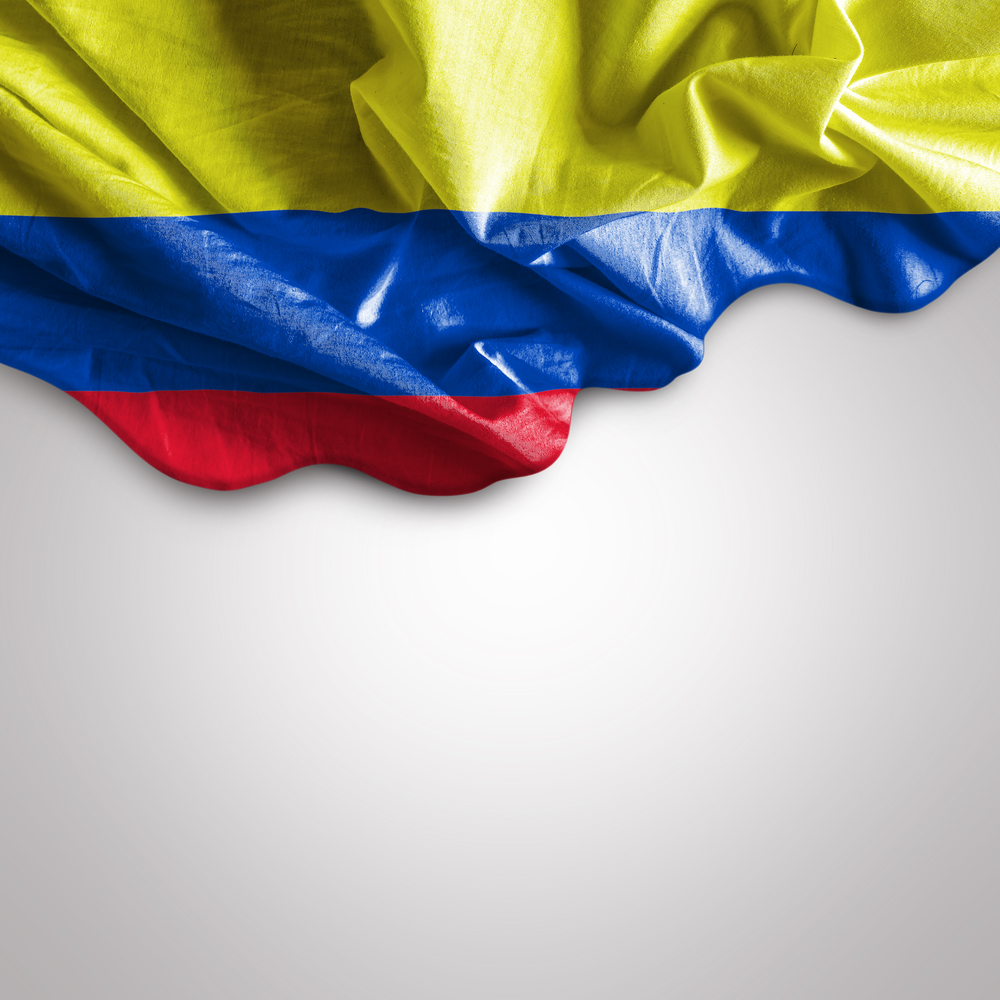Colombia’s Navy put on a show of force at the weekend in a town whose population is at the mercy of two warring gangs.
The “Shottas” and “Spartanos” gangs have been fighting for months over control of Buenaventura’s drug trafficking trade, and other illegal activities such as micro-trafficking, extortion and kidnappings.
But the military has tried to assert some state control by coming out in force in several neighborhoods in Colombia’s main port city.
Buenaventura is where 40 percent of the country’s international trade takes place and the departure point of most of the cocaine destined for the United States.
In recent years, it has become one of the most violent cities in the country, with 576 murders between 2017 and 2021, according to the Pares foundation, along with forced disappearances and kidnappings.
On August 30, the two gangs were involved in a shoot-out using automatic weapons that lasted several hours.
It was a “night of terror,” said local media.

Surrounded by mangroves, Buenaventura is a city of between 350,000 and 500,000 people, with 90 percent claiming African descent.
The city extends along an avenue flanked by poor neighborhoods down to the port at the end of a lagoon.
Those are places where it is too unsafe to venture alone due to the kidnapping risk.
Shottas and Spartanos share control of these neighborhoods of modest brick homes, unfinished buildings surrounded by steel fences, wooden huts on stilts and metal shacks perched over water and garbage.
The gangs swept in and replaced the right-wing paramilitaries and left-wing guerrillas that used to reign here and were already self-financed by drug trafficking and terrorizing the local population.
‘New urban war’
Formed from a schism in the La Local criminal group, these two gangs markedly stepped up their actions from the end of 2020 and their territory extends to the marshlands on the edge of town.
Buenaventura has since been a hive of shoot-outs, kidnappings and extortion.
Locals speak too of sinister so-called “slaughterhouse” homes, where the bodies of kidnap victims are dismembered before being disposed of in the laguna, far from prying eyes.
“The two groups made themselves with legal businesses, above all food: eggs, cheese, fruit… nothing got away from them. They were even prepared to fix prices on certain basic foods,” Juan Manuel Torres, a researcher at the country’s peace and reconciliation commission, told AFP.
“What we’re living through now is a new urban war, one in which control of the neighborhoods is at play.”
With new left-wing President Gustavo Petro due to visit Buenaventura on Tuesday to implement his “total peace” policy aimed at negotiating with, rather than crushing, criminal groups, police and the military patrolled the city’s streets night and day.
They were most present in streets known for being conflict zones between the rival gangs, known as “invisible borders.”
In one such neighborhood, Jean XXIII, shootings are a near-daily occurrence and terrified residents barricade themselves inside their homes once night falls.
The sudden appearance of soldiers has generated apprehension and curiosity.
Heads pop out of doorways and eyes peer from behind curtains, as heavily armed military personnel carefully make their way down roads and alleyways.
“The criminals could shoot at us at any time,” warned Lieutenant Colonel Samuel Aguilar, commander of the 24th marine infantry battalion.
“The two gangs are at war here and they don’t like seeing us interfering in their business.”
Alongside the police, they are trying to prevent the gangs from asserting their authority on the streets.
“There have been many changes in Buenaventura in one year, and unfortunately not to the benefit of the community,” added Aguilar.
Source: Defence Talk





